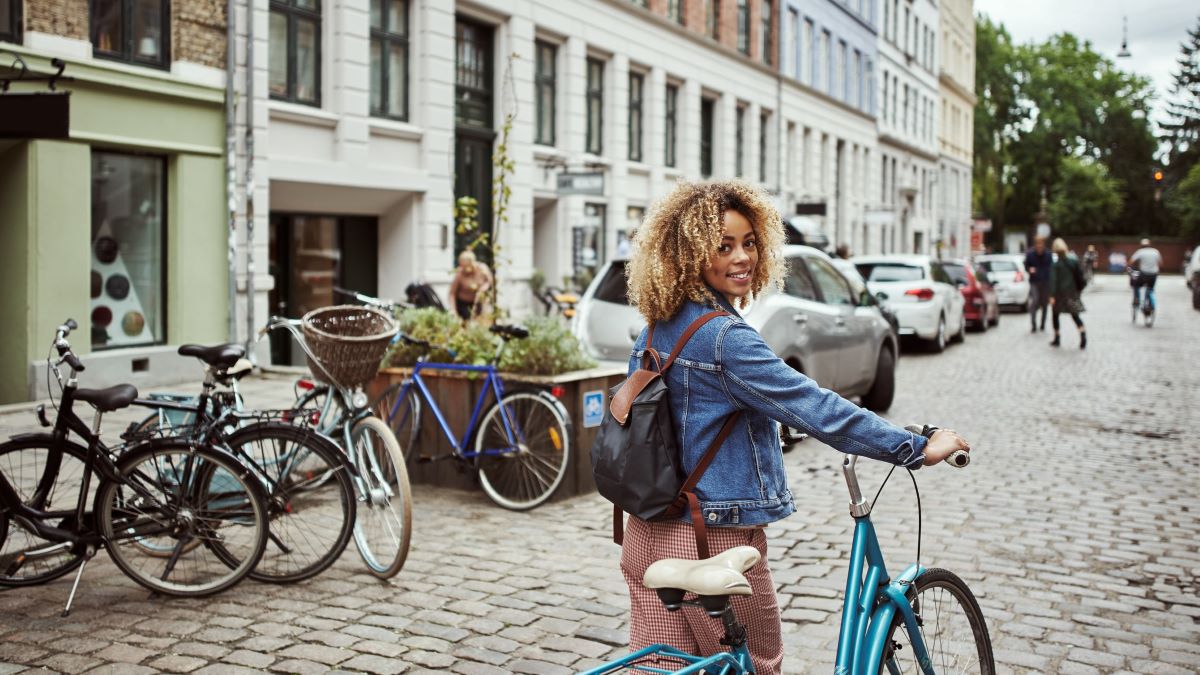Not everything that saves energy or reduces fuel use requires major investment. Nor is heaps of up-front cost needed to make long-term cash savings. There are a number of steps you can take at home and how you get about that will save energy and money.
To help you out, we’ve compiled five ways you can make some sustainable changes that will bring results without breaking the bank or requiring a complete lifestyle overhaul.
Check our general advice on home energy efficiency or read on for specific cost saving tips.
1. Better behaviours beat the bills
Before considering cost, there is plenty you can do to be more energy efficient at home and save money while you’re doing it. Switch off standby on all your appliances and devices? £30 saved every year. Turning off the lights when you’re not in a room? another £14. Turning your thermostat down one degree can save around £80, and while the £6 saving from not overfilling the kettle isn’t going to give you enough for a lavish existence, it’s still worth doing.
2. Water saving is a winner

The cost of what goes down your drain is significant, especially when you factor in the energy needed to heat water. Tackling water wastage and water heating efficiency can bring serious savings: upgrading a shower head to a water-efficient model may not seem like much of a change but can create savings of £185 per year for a family home with a water meter. Other changes add up too: using a bowl to wash plates and cutlery rather than leaving the hot tap running can save £55 in combined gas and metered water bills, while insulating your hot water cylinder can save £18.
3. Switch your utility supplier
Don’t stay stuck on a standard variable rate for your gas or electricity bills. Citizens Advice provides an energy saving switching tool that can help you find a tariff that works for you. We’ve got more information on switching utilities here. Remember that if you want to do more to support the generation of renewable energy in the UK at the same time, you can switch to a green tariff that provides electricity from clearly identified renewable sources. Find out how some green tariffs are greener than others.
4. Start cycling

Cycling has proved popular for many during the lockdown period. On top of the health benefits of getting out and about on a bike, the financial benefits justify some serious consideration. Cyclescheme.co.uk did some calculations based on a five-mile commute each way, concluding that a bike’s annual running costs of just under £400 pale into insignificance at the side of driving (£3,727) or buying a rail season ticket (£1,320).
You don’t need lots of expensive gear to start cycling, and the experience can be a rewarding one – even in cities. If you do want a top bike and some quality equipment though, there are plenty of financial incentives now available to help, including several cycle to work schemes which offer a tax-free route to getting out and about on two wheels.
5. Upgrade your home
There are plenty of tweaks you can make to your home – and though they certainly don’t cost the earth, there is a little bit of expense involved. Draught-proofing doors and windows can save £20, while cutting draughts from your chimney can cut £15 off your annual bills. Installing a full set of heating controls can save up to £80 as well as giving you more control over your home. Replacing every bulb in an average house with efficient LEDs costs about £100, but with savings of £35 a year and much better longevity than other types of bulb, you can start seeing the benefits quickly.
- more tips on energy efficient lighting
- why we should all be saving water
- how to take control of your heating at home